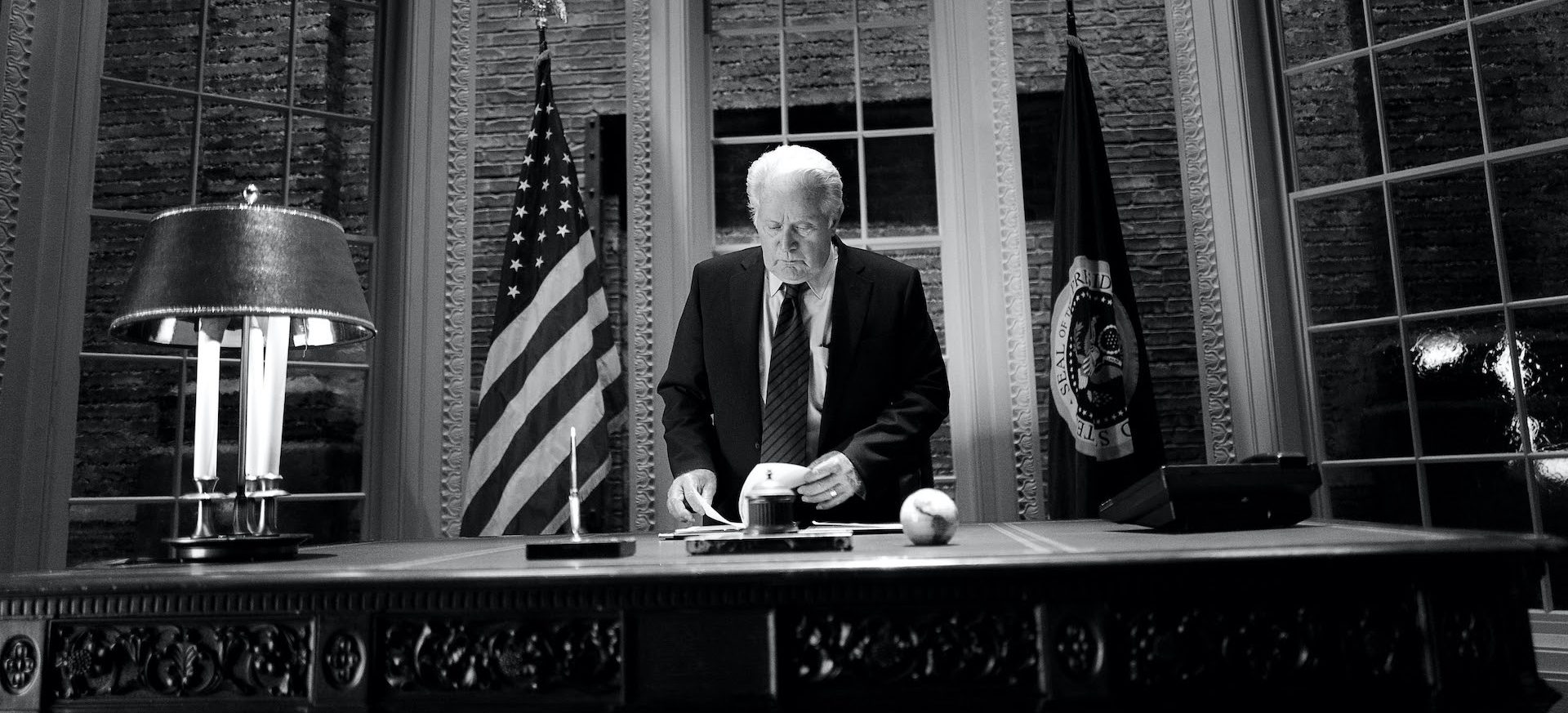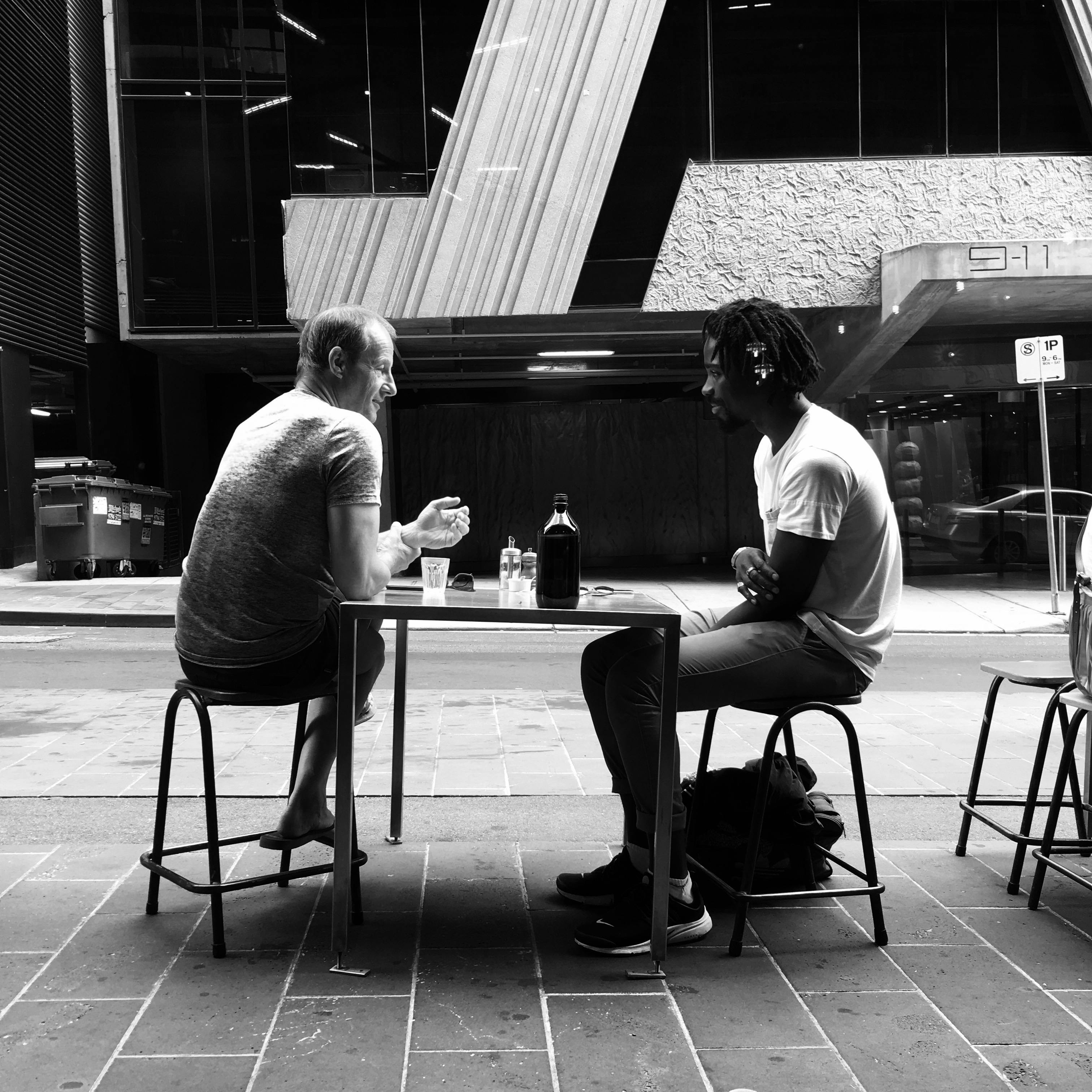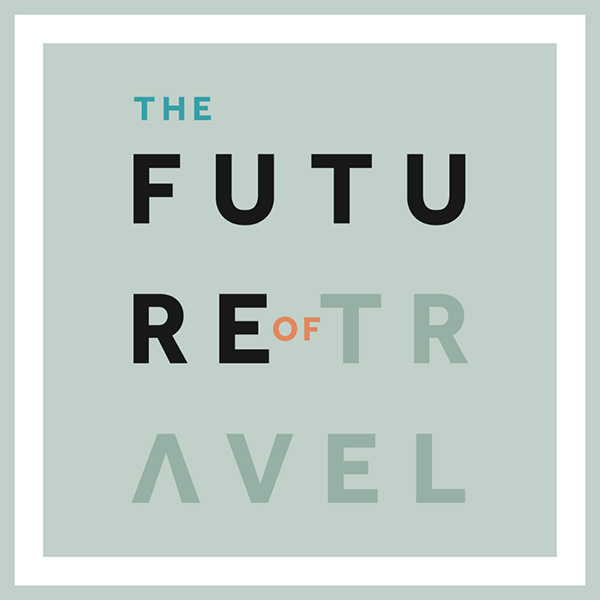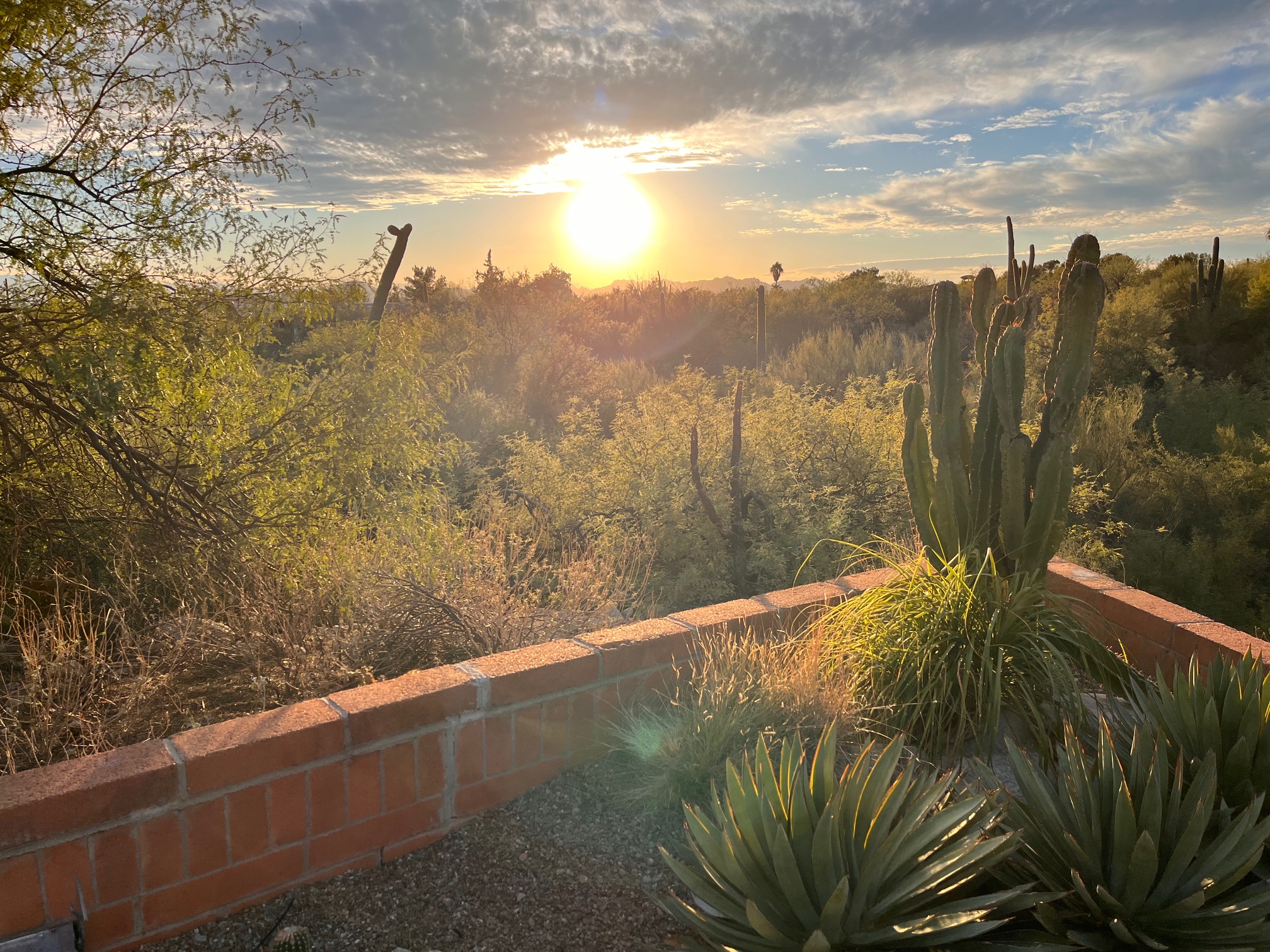The West Wing Special

October 17, 2020
On a beautiful and crisp Saturday afternoon, I was relaxing after a busy morning of cleaning, doing laundry, getting groceries, and doing yard work. Tired, I lied down onto the couch to watch the back half of My Octopus Teacher, a sentimental documentary about a South African diver’s yearlong interactions with an octopus. Afterwards, seeking something else to watch, I toggled over to HBO Max and saw “A West Wing Special to Benefit When We All Vote”.
The West Wing aired from 1999-2006. I binged through it on DVD with my college friends in the winter of 2007-08. Since that snapshot of time, I had put very little thought to the show, but I pressed play for the taste of nostalgia.
Minutes into the special, I was in tears, sniffling throughout the hour-long episode.
The special was a reenactment of an episode called Hartfield’s Landing by the original cast on a stage set. Through the drama of current events, strong personalities, and relationship clashes, I was reminded that what shined through on the series was its romantic and heroic presentation of our country, its democracy, and the presidency.
In the episode, the president, a Nobel laureate, is choreographing a diplomatic effort to protect Taiwan from escalating tensions with China. We later learn that Taiwan is about to hold its first free elections. Concurrently, the administration is tuned to the primary election in a small New Hampshire community that had correctly predicted several previous elections. As these events unfold, the president is playing two separate chess matches with high ranking staff members, repairing a relationship with one and mentoring an aspiring successor in the other. By its conclusion, the second chess match analogizes the president’s masterful diplomatic maneuvering to ease the China-Taiwan crisis. Throughout the episode, we see the administration communicating cordially and honestly with the press on the diplomatic crisis and demonstrating grassroots engagement on policy issues with influential Hartsfield’s Landing residents ahead of their primary vote.
My tears felt like Goodbye.
My experience revealed a nostalgic narrative of my American existence that has been holding me back from the acceptance of a different reality.
From elementary school, I recall the Columbus Day celebrations, the Black History Month assemblies, and revering the founding fathers. From middle school, I recall studying the Constitution and performing God Bless America with my acapella group in the aftermath of the September 11th attacks. From high school, we had a contest to memorize the Declaration of Independence. From college, I recall the high I felt in my dorm room the morning that Barack Obama was inaugurated. I was crying tears of joy and hope for the future as I watched the Obamas parade down Pennsylvania Avenue.
Four years ago, in 2016, I recall the meaning that I felt in taking my girlfriend (now my wife) to the site of Susan B. Anthony’s gravesite just two weeks before the anticipated election of the first female president. Soon after, as the results came in on election night, I went to bed with a sinking feeling in my stomach. By the following morning, that feeling had become a sickening pit.
In giant gulps over the last five years, many of my hopeful idealisms about my country have slipped into anxieties and fears. As a child attending a Jewish day school, my perspective of the worst imaginable scenario was the rise of fascism again in the world. As a product of the prosperous suburbs in the 1990s, I couldn’t imagine it, especially in the United States. Yet as I’ve experienced this presidency, those warnings from my childhood have echoed louder than ever.
It’s been very difficult to reconcile the narratives I was raised in with their incredible contradictions today. I’m consciously aware that the present is different than the past, but my identity was shaped from my past – it’s my story and my memories. Those memories of my American upbringing are nostalgic — times with family, old friends, sports, movies, TV shows, music, video games, toys, books, collections, the early Internet, and much else. When I look back on these pastimes, they feel happy and pure.
On my growth journey, however, I’ve been called to revisit these pastimes for the purposes of letting go.
Long past my grandparents’ deaths, I wanted to drive past their house up the hill from their family store. It helped me accept that it’s a different place now than those memories. My uncle recently retired from and sold the store, and I indulged in the articles celebrating its legacy for the sake of remembering, and also letting go. When I graduated college in the aftermath of the 2008 recession, with no jobs available, I indulged in some childhood past times to process that I would soon be letting them go.
It occurred to me that I was called to nostalgia during difficult times last month. I was burned out from completing my MBA capstone project and I had one more course to endure. At the same time, I had strong urge to re-watch the Game of Thrones series. I realized over several episodes that its familiarity was providing comfort that helped me push through. By the time I completed my final course and the series, I felt ready to move on from both. It’s as if I filed away two elements of my past to make space for new interests, which I have since taken up.
My emotions from the West Wing special helped me move on from the nostalgic narratives of my national identity. The show presents many virtues to aspire to, but the narrative is a pastime. Throughout the last five years in particular, I’ve carried too much anxiety by holding onto past beliefs on those kinds of narratives instead of accepting my present reality. As an alternative choice to American nostalgia, I’d rather accept my country for what it is, and steer my life with the times rather than against them.
This is easier for me to say, I believe, because I have had abundant resources and energy to chart the ambiguous territories of change. I’ve been called to nostalgia in moderate doses as I’ve worked through temporary challenges. If I was faced with more limiting circumstances, like those who feel like the roots are being pulled out of their entrenched and generational identifies, I can imagine myself burrowing into nostalgia as a hiding place from change, thus perpetuating the struggle.
I’m publishing this two weeks from another big election. Amidst unprecedented change in our country, voters gravitated to the candidates whose personalities and platforms represent the most nostalgia – Donald Trump, Joe Biden and Bernie Sanders. I don’t believe that to be a coincidence.
However this election turns out, our nation will have to move on from its nostalgic narratives if we are to move forward under shared values and towards a better future.






